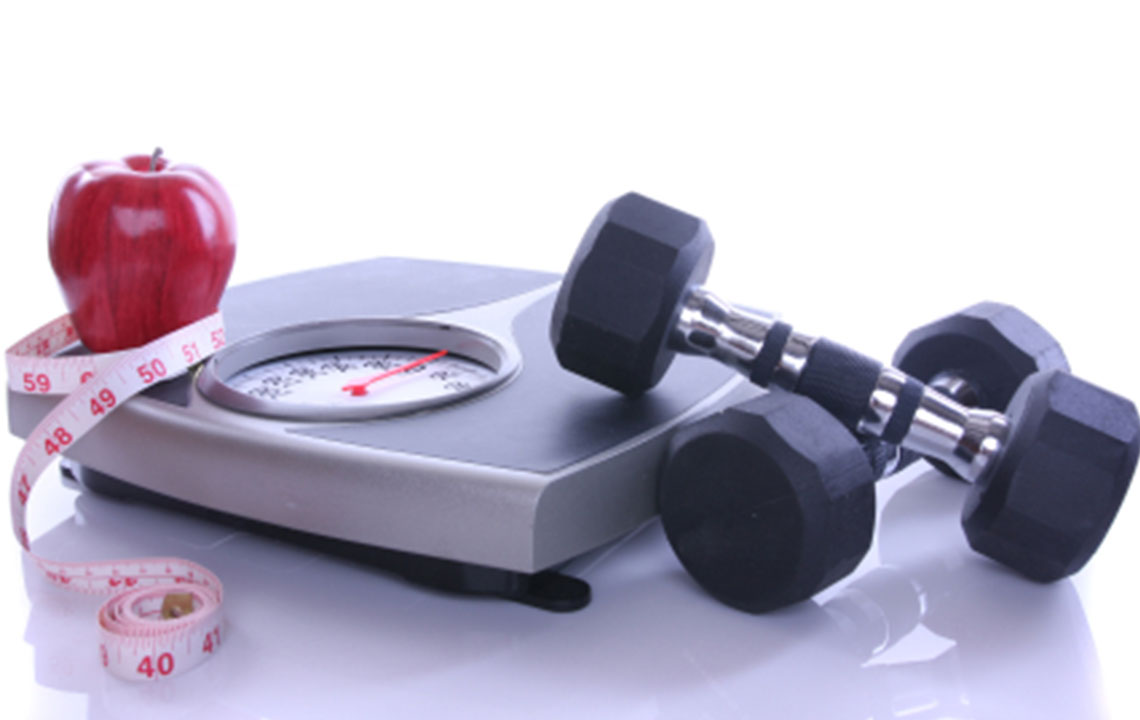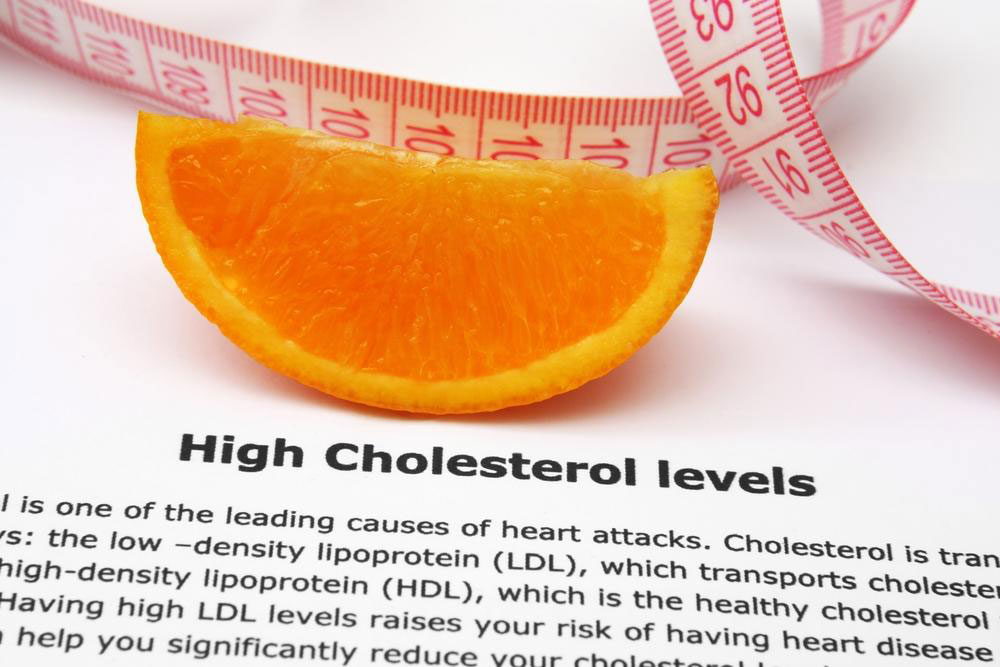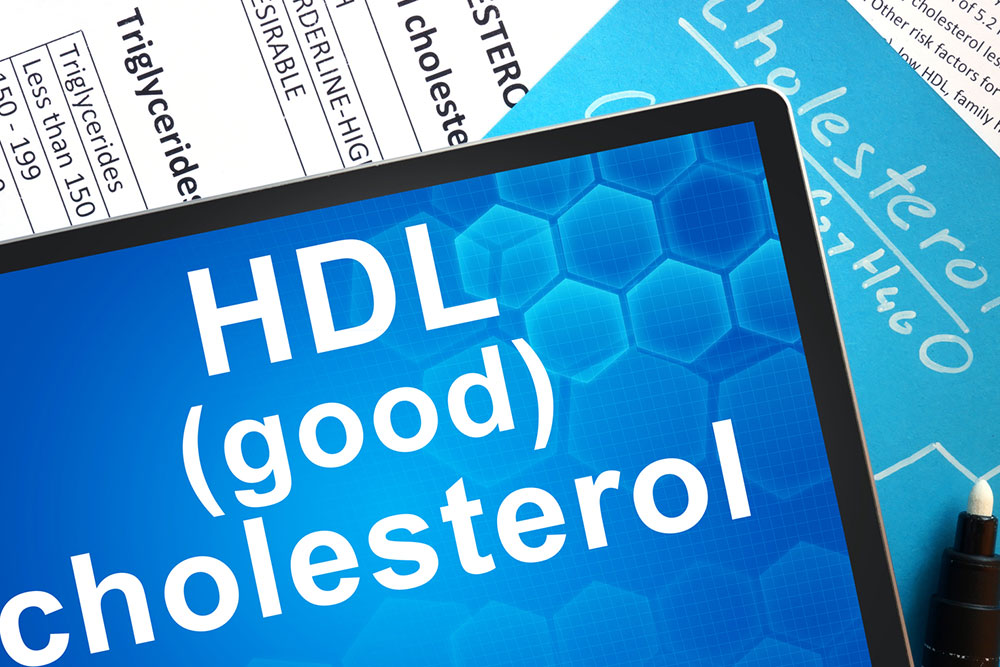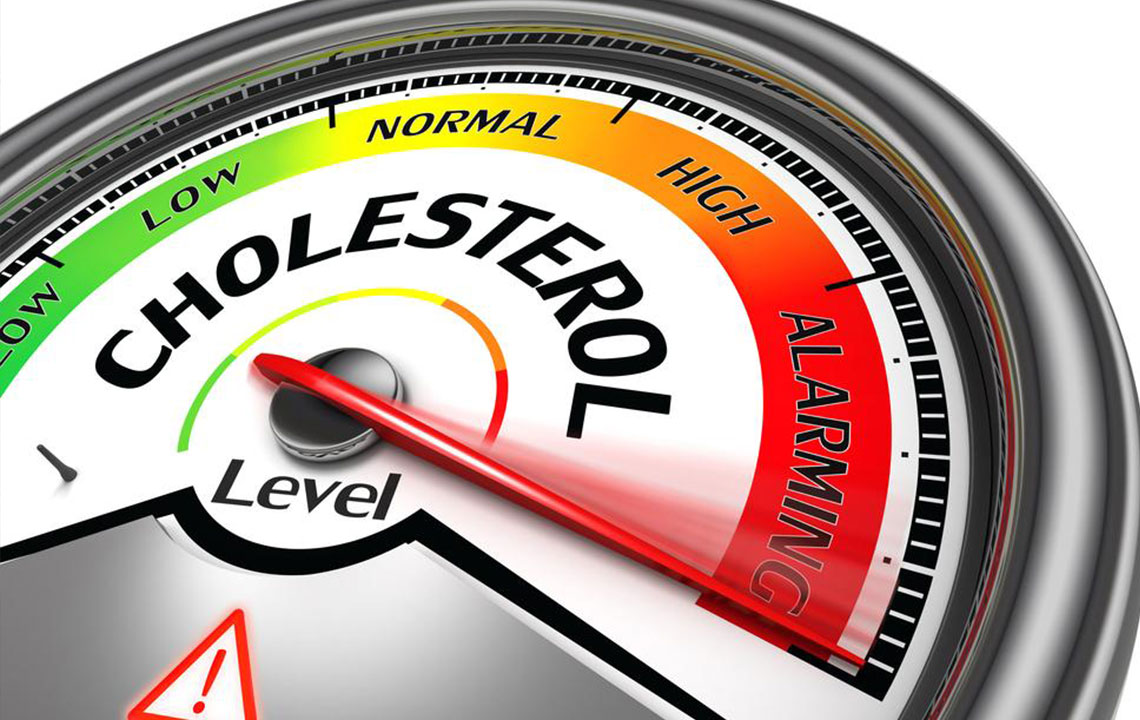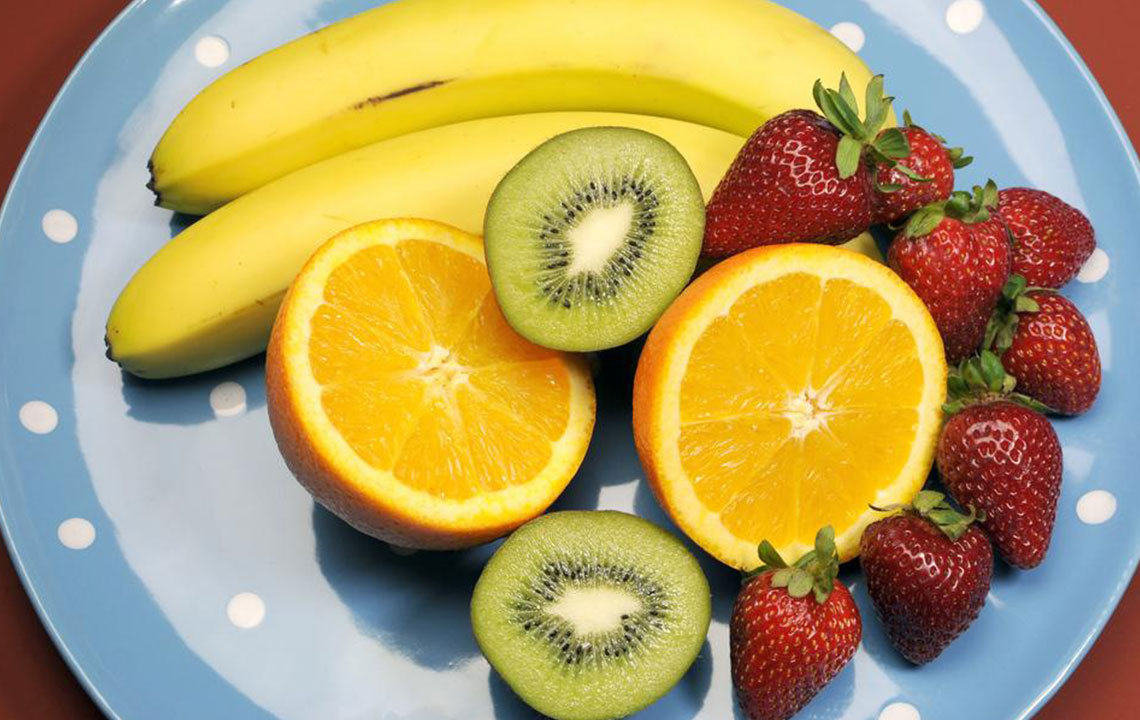Comprehensive Natural Approaches to Lower Bad Cholesterol and Promote Heart Health
Learn effective natural strategies to lower LDL cholesterol and enhance heart health. This comprehensive guide covers weight management, lifestyle changes, and dietary tips, including the benefits of oats, garlic, turmeric, green tea, legumes, fruits, and omega-3-rich fish. Adopting these proven methods can significantly reduce cardiovascular risks and promote overall well-being naturally. Suitable for those seeking a holistic approach to cholesterol control and heart health improvement.
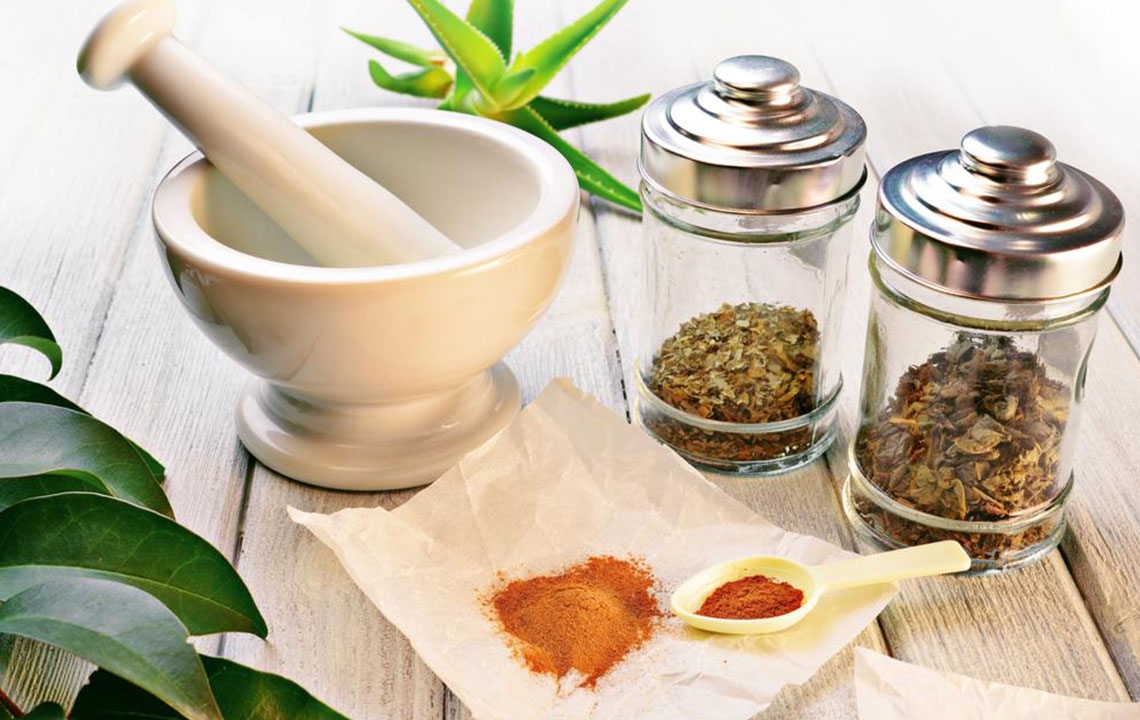
Comprehensive Natural Approaches to Lower Bad Cholesterol and Promote Heart Health
Elevated levels of low-density lipoprotein (LDL), commonly known as bad cholesterol, are a significant risk factor for cardiovascular disease. Cholesterol is essential for various bodily functions, but an excess—particularly of LDL—can lead to dangerous plaque buildup within arterial walls, increasing the risk of heart attacks, strokes, and other life-threatening conditions. Fortunately, through natural strategies, lifestyle changes, and dietary modifications, individuals can effectively manage and lower their LDL cholesterol levels, supporting improved cardiovascular health and overall well-being.
Understanding Cholesterol and Its Impact on Heart Health
Knowing the differences between LDL and HDL cholesterol is crucial. LDL carries cholesterol from the liver to the body's cells, but when present in excess, it deposits cholesterol on artery walls, leading to atherosclerosis. Conversely, HDL helps remove cholesterol from arteries back to the liver for processing and excretion. Maintaining a healthy balance between these two is vital for heart health. High LDL levels are associated with an increased risk of developing serious conditions such as coronary artery disease, peripheral artery disease, and hypertension.
Research indicates that lifestyle modifications can significantly influence LDL levels. Weight management, physical activity, and dietary choices play key roles in controlling cholesterol. A comprehensive approach involves combining these strategies to achieve optimal results in lowering LDL and enhancing overall cardiovascular resilience.
Effective Natural Strategies to Reduce LDL Cholesterol
Managing your weight is one of the most impactful natural methods to control LDL levels. Excess body weight, especially around the abdomen, contributes directly to higher LDL and triglyceride levels. Achieving a healthy weight through a combination of balanced nutrition and physical activity can lead to meaningful reductions in cholesterol. Studies have shown that even modest weight loss—around 5-10% of total body weight—can substantially improve lipid profiles.
Achieving and Maintaining a Healthy Weight
Weight loss helps reduce LDL levels by decreasing the amount of fat stored in body tissues and improving metabolic function. To achieve this, incorporate regular physical activity into your routine. Engage in low-impact exercises like swimming, cycling, brisk walking, or dance classes. These activities are gentle on the joints while effectively boosting metabolism and fat burning capabilities. Consistency is key; exercising at least 150 minutes weekly can result in LDL reductions of approximately 5-10%. A balanced diet complemented by physical activity creates a synergy that promotes long-term heart health.
Adopting a Heart-Healthy Lifestyle
Lifestyle factors such as smoking and alcohol consumption have direct effects on LDL cholesterol levels and overall cardiovascular risk. Quitting smoking is one of the most beneficial steps you can take, as smoking accelerates LDL oxidation, promoting the buildup of plaque within arteries. Studies reveal that cessation can lower LDL cholesterol by up to 5%, while also improving HDL levels. Regarding alcohol, moderation is essential. Moderate drinking—such as a glass of wine or beer—may help reduce LDL by 4-8%, but excessive alcohol intake increases blood pressure, triglycerides, and the risk of heart disease.
Dietary adjustments substantially impact HDL and LDL cholesterol levels. Incorporating foods rich in soluble fiber and plant sterols helps in lowering bad cholesterol. A disciplined, balanced diet can achieve LDL reductions of up to 20%. The following foods are especially beneficial for maintaining healthy cholesterol levels:
Oats
Oats are a powerhouse for heart health, packed with soluble fiber called beta-glucan. This fiber binds with cholesterol in the digestive system, preventing its absorption and promoting its excretion. Eating just 5 grams of soluble fiber daily from oats can reduce LDL cholesterol by approximately 5%. Incorporate oats into breakfast cereals, smoothies, or baked goods for consistent benefits.
Garlic
Known for its potent sulfur compounds and antioxidants, garlic has been studied extensively for its cholesterol-lowering properties. Regular consumption can reduce LDL cholesterol and increase HDL levels, providing a natural boost to heart health. Raw garlic, roasted, or as a supplement are popular ways to include it in your diet.
Turmeric
The active compound curcumin in turmeric acts as a powerful antioxidant and anti-inflammatory agent. It inhibits the oxidation of LDL cholesterol and prevents the formation of arterial plaque. Using turmeric in cooking or taking curcumin supplements may contribute to cardiovascular protection. Herbs like rosemary and basil also contain beneficial phytochemicals that support heart health.
Green Tea
Packed with catechins and epigallocatechin gallate (EGCG), green tea is associated with numerous health benefits. Drinking three to four cups daily can significantly lower LDL cholesterol levels and improve antioxidant capacity, reducing oxidative stress and inflammation—a key factor in atherosclerosis.
Legumes
Beans such as kidney beans, navy beans, lentils, and chickpeas are high in soluble fiber, plant protein, and beneficial nutrients. They aid in weight management, improve lipid profiles, and reduce LDL cholesterol. Incorporate legumes into salads, soups, and main courses to experience these cardiovascular benefits.
Fruits
Fruits like strawberries, apples, oranges, and grapes contain pectins—soluble fibers that help regulate cholesterol levels. They also provide antioxidants, vitamins, and phytochemicals that support blood vessel health. Regular fruit consumption is a simple, natural way to sustain healthy lipid levels.
Omega-3 Rich Fish
Fatty fish such as salmon, mackerel, sardines, and herring are rich sources of omega-3 fatty acids. These healthy fats significantly reduce inflammation, triglycerides, and LDL cholesterol, thus lowering the risk of blood clots, strokes, and arteriosclerosis. Aim for at least two servings of fatty fish weekly for optimal benefits.
Monitoring LDL cholesterol through regular blood tests and collaborating with healthcare professionals helps tailor effective strategies. Lifestyle modifications, combined with a nutritious diet and physical activity, form a comprehensive approach to lowering bad cholesterol and promoting a healthy heart.
